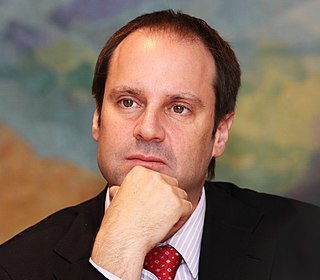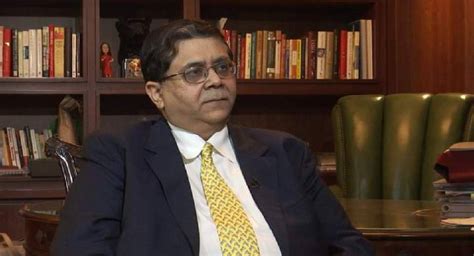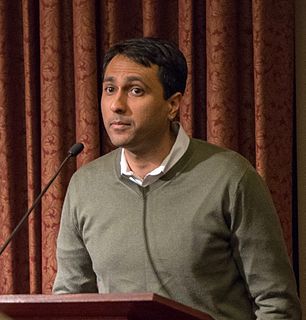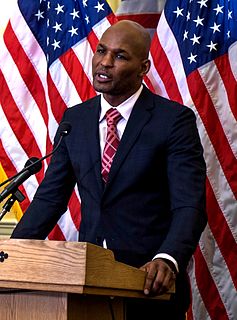A Quote by Bill Drayton
We started Ashoka here in India with a simple idea: that you needed social entrepreneurs to deal with problems that don't fit the business paradigm.
Related Quotes
For good or for bad, India has rejected a more totalitarian approach to how it will deal with its social problems. We would starve but we would not give up our democracy and our love for our freedoms and to deal with these problems in an atmosphere of democracy and the rule of law without necessarily going, sort of resorting to civil disobedience or any kind of violent revolution.
A social entrepreneur is somebody who knows how to make an idea reality, and one of the great ideas of our time is pluralism. Can people from different backgrounds live together in mutual peace and loyalty? And what we need is a generation of young social entrepreneurs who know how to make that great idea reality in an historical moment where religious extremists are, frankly, making their idea reality.
You do a deal - business deal, real estate deal, stock deal - protect yourself at all times. I got that from boxing. That's from A to Z: that covers everything in life. And it started when I heard it in the ring. They don't say that in basketball or football or any other sport that I know of but boxing.
I had accepted a position as a business analyst at Deloitte Consulting in New York. But before I went into that workforce, I decided to take a year off and went to India to do a social enterprise fellowship. It wasn't the best fit, but that was where a TV show in Korea found me and invited me to first come perform.


































